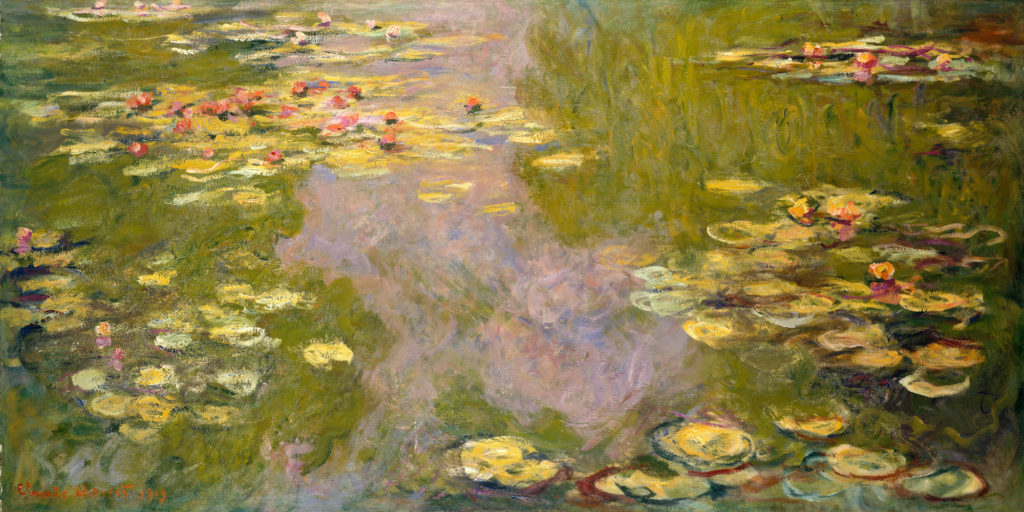“The answers you seek never come when the mind is busy. They come when the mind is still, when silence speaks loudest.”
—Author Unknown

Image from huffingtonpost.com
Most of us are familiar with the phrase “Silence is Golden.” Perhaps it is the value expressed in today’s quote that makes it so. It is virtually impossible to explore new ideas and inquire into new levels of thinking when our minds are going a million miles per hour.
EXERCISE:
Try blocking out five to ten minutes today for quiet reflection and personal inquiry. Consider choosing a topic or question worth pondering closely, and see what you discover.
Also consider making this a daily habit and explore the added value of capturing any insight you will likely have in a journal or notebook.





